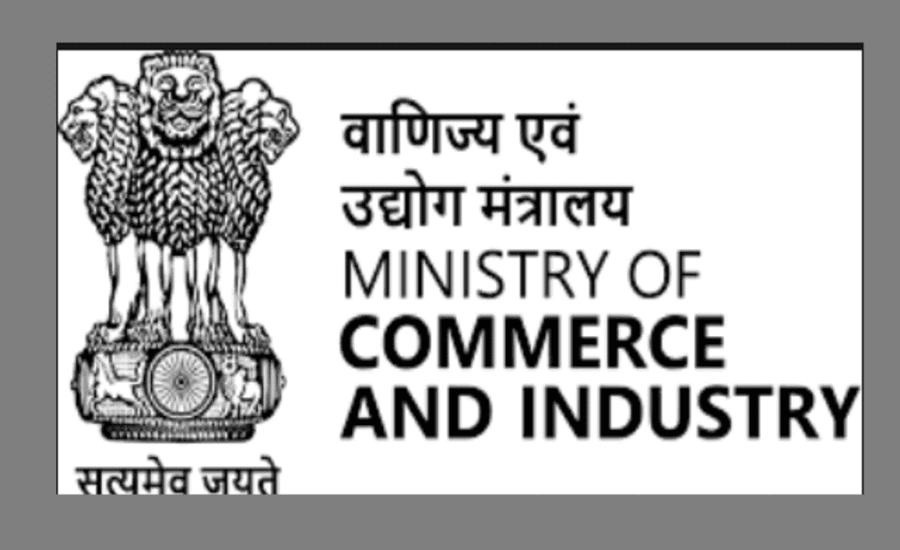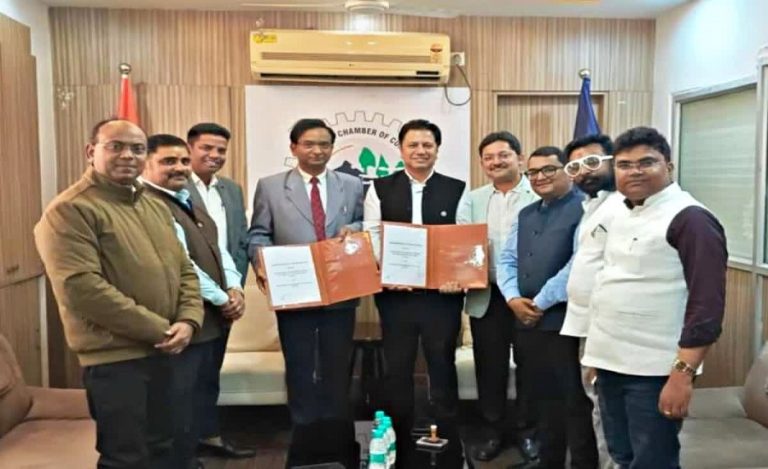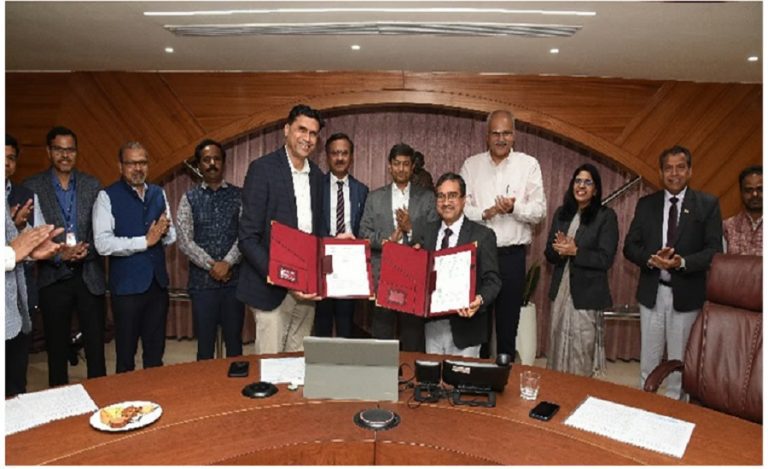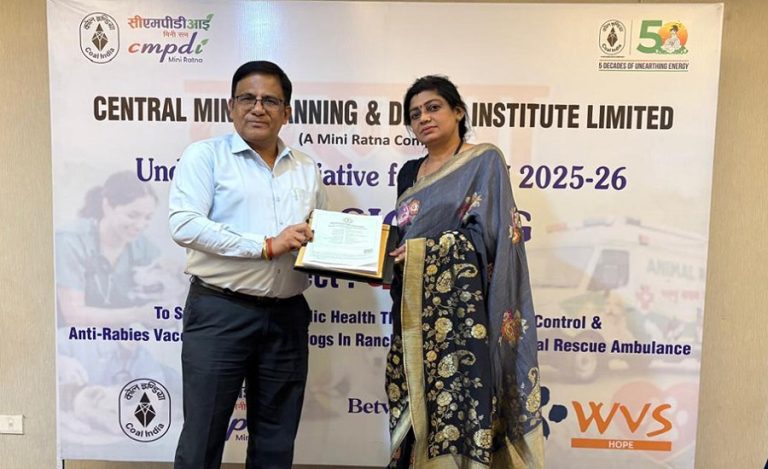New Delhi: In a bid to transform India’s cross-border trade ecosystem, the Ministry of Commerce & Industry has unveiled the E-Commerce Export Hubs (ECEHs) initiative, aiming to provide dedicated export zones for small businesses, artisans, and MSMEs. These hubs are designed to simplify logistics, reduce compliance burdens, and streamline returns—all in one integrated location.
The move was formally announced through Trade Notice No. 14/2025, issued by DGFT on August 22, 2024. The government has proposed five pilot ECEHs for implementation.
Integrated Services to Ease Cross-Border E-Commerce
Each ECEH will provide comprehensive services under a single roof—customs clearance, quality certification, packaging, and off-port warehousing. These hubs aim to drastically reduce the time and cost of shipping goods abroad, helping Indian SMEs scale up in the booming global digital economy.
The initiative supports Chapter 9 of the Foreign Trade Policy 2023, which promotes digital trade and encourages e-commerce exports.
Multiple Reforms to Support Small Exporters
The government has introduced several enabling reforms to support e-commerce exporters:
Trade Connect ePlatform (https://trade.gov.in): Offers access to global trade insights by aggregating data from Indian Missions, Export Promotion Councils, and Commodity Boards.
Value Limit for Courier Exports Raised: CBIC, through Notification No. 23/2023-Customs, has raised the courier export limit to ₹10 lakh. Export incentives like Duty Drawback and RoDTEP have been extended to these exports since September 2024.
Dak Ghar Niryat Kendras (DNKs): 1,013 DNKs have been set up in collaboration with CBIC and the Department of Posts. These assist exporters with documentation, packaging, and compliance procedures. The International Tracked Packet Service now covers 41 countries, offering discounts based on volume.
RBI Procedural Relaxations: A draft circular has been issued proposing simplified compliance under EDPMS. Exporters can now self-declare shipping bill realisation and adjustments for consignments up to ₹10 lakh, easing paperwork and reconciliation.
Public-Private Collaboration for Seamless Trade
Some ECEHs will be operated by logistics service providers to ensure end-to-end facilitation—spanning warehousing, packaging, and regulatory assistance.
To enhance effectiveness, the government has signed MoUs and Letters of Intent with leading global e-commerce platforms and domestic logistics companies. These partnerships aim to build awareness, improve export readiness, and accelerate MSME onboarding into global trade networks.
Regional DGFT offices have also conducted training and outreach programs to familiarise small sellers with procedures and opportunities in e-commerce exports.
This information was shared by Minister of State for Commerce & Industry Jitin Prasada during a written reply in the Lok Sabha on August 5.




























